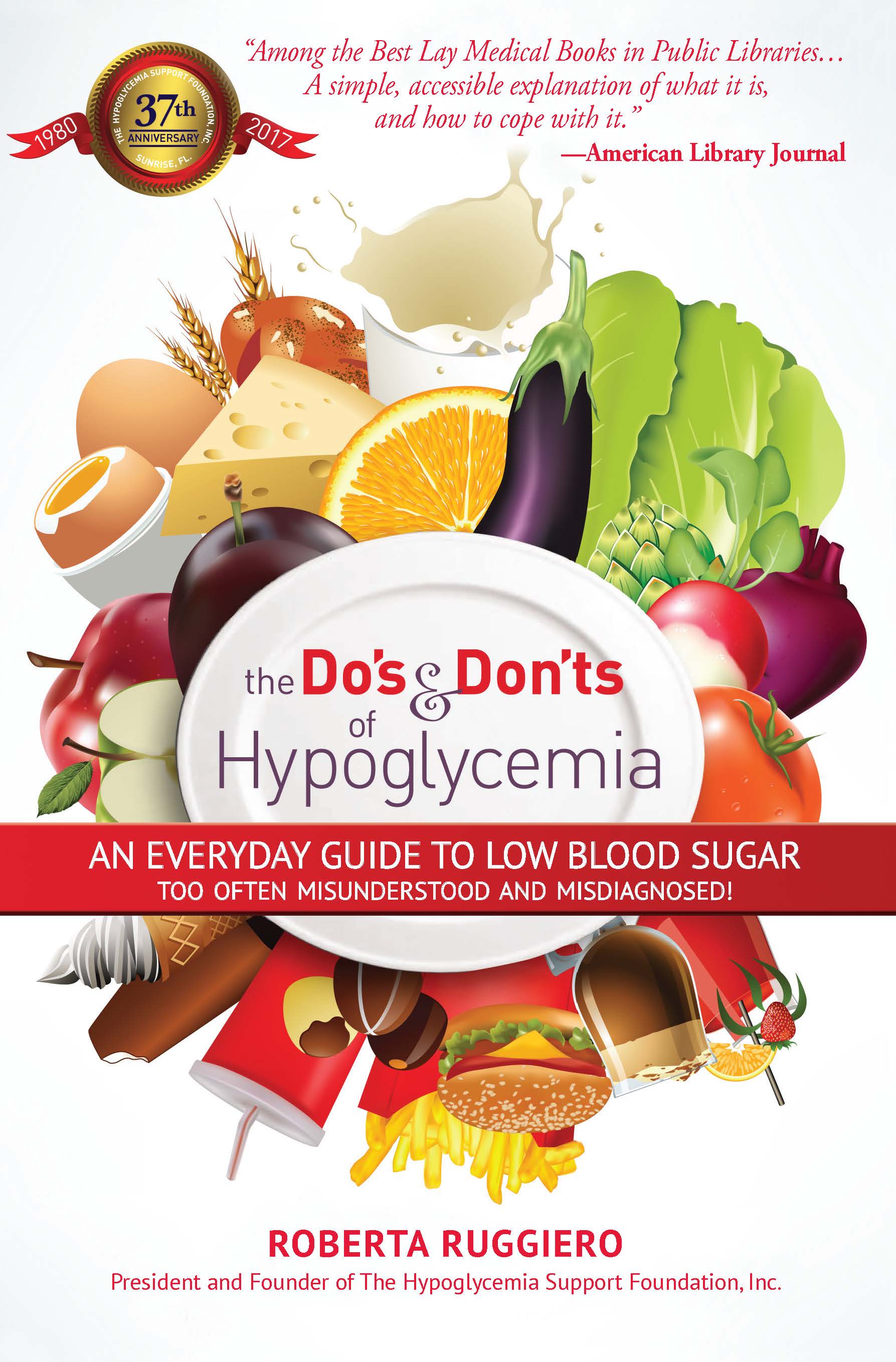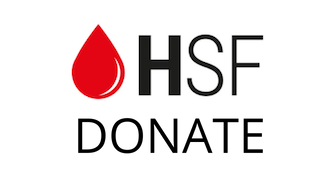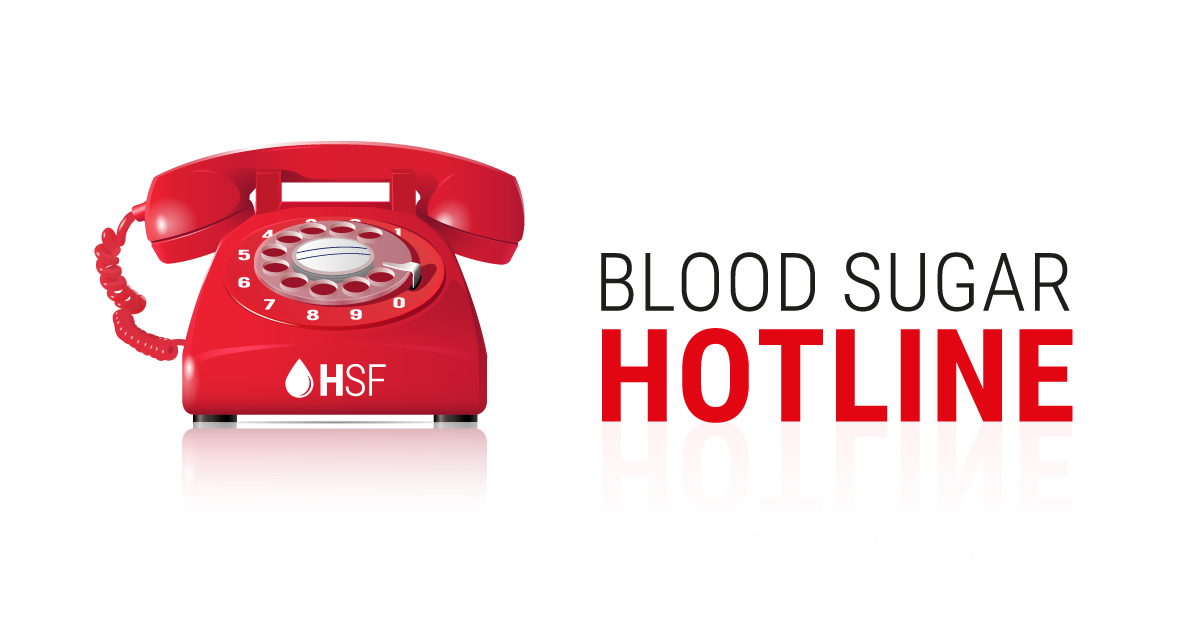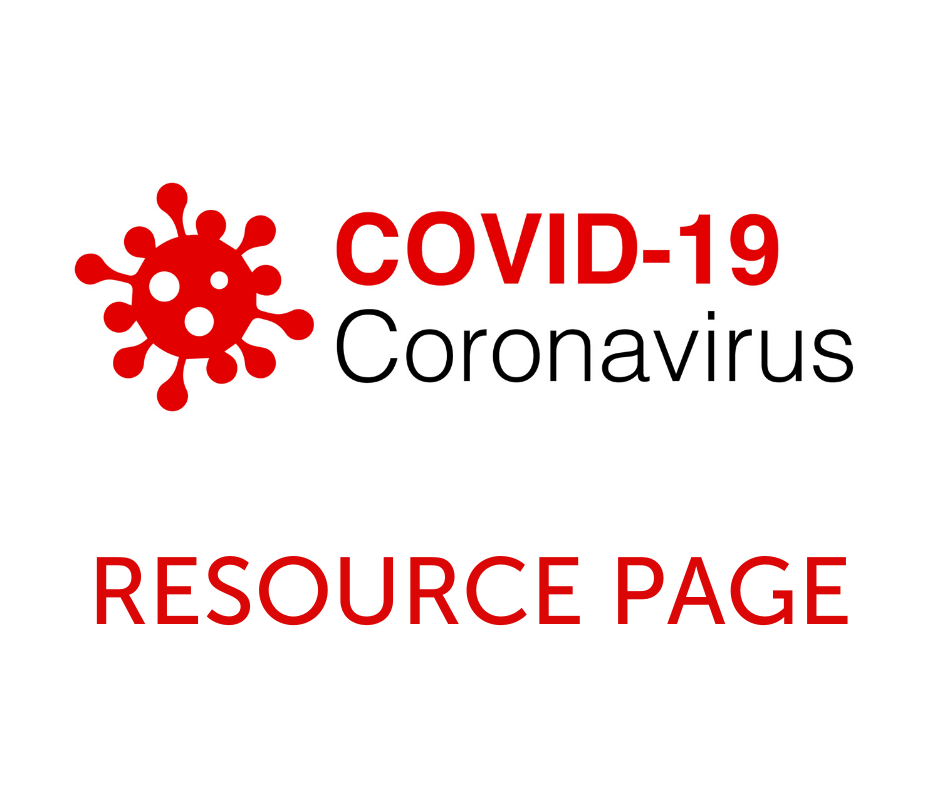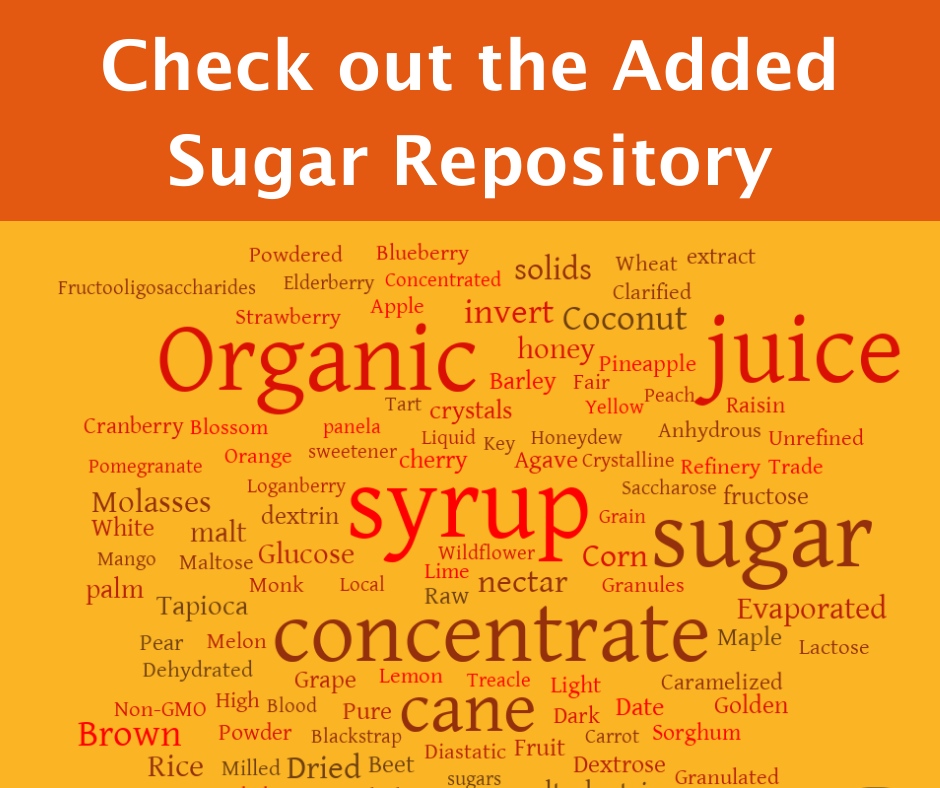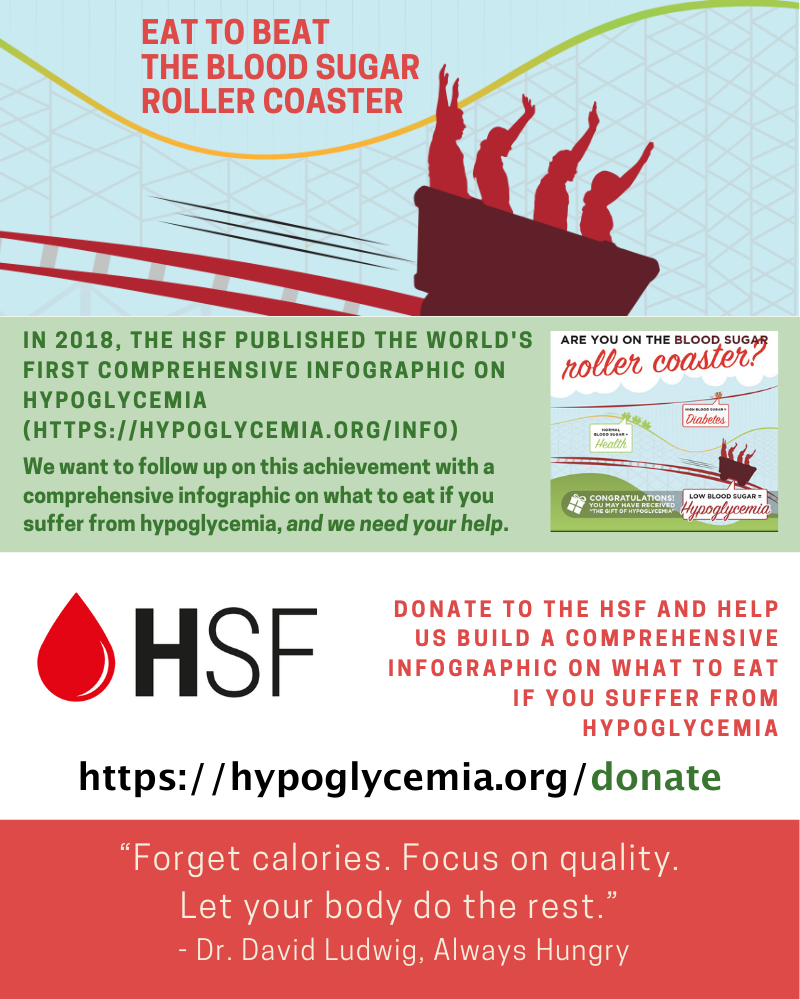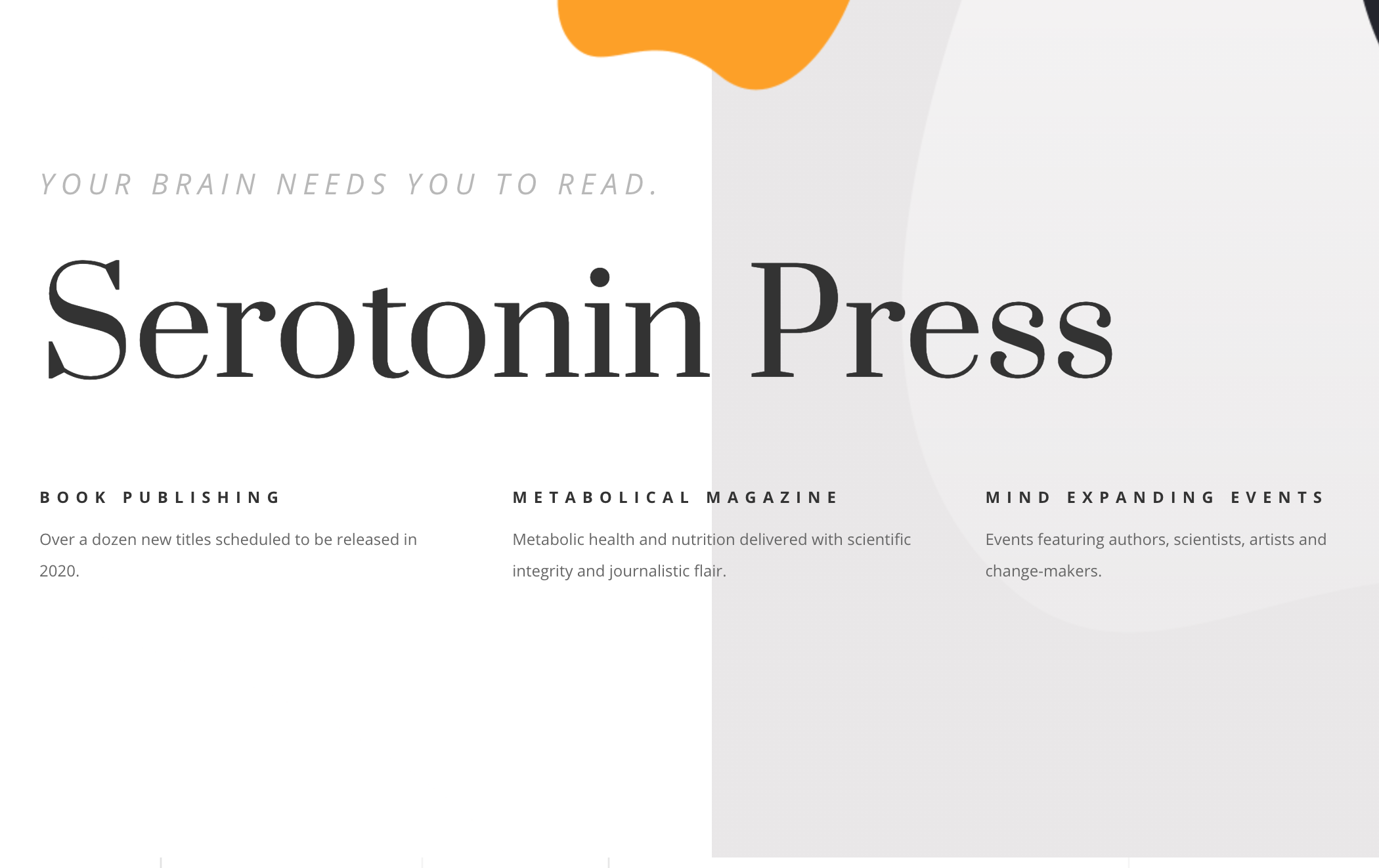
Why is hypoglycemia the elephant in the room?
The Blind Men and the Elephant is an ancient parable that lays bare overreaching misinterpretations.
The moral of the parable is that “experts” may lay claim to absolute truths based on their subjective experience while ignoring contradictory evidence. This fable holds so true when the subject of hypoglycemia comes forward either in a conversation or the written word. Most likely this occurs because there are many types of hypoglycemia and many causes, so advice often seems confusing and conflicting. What is certain is that hypoglycemia is one of the most perplexing, complicated, misunderstood, and misdiagnosed conditions of the 21st century. It’s not clearly understood by many in the medical profession, who often diagnose and treat patients by addressing symptomatic aspects of hypoglycemia versus the root causes.
The Hypoglycemia Support Foundation has been a patient’s advocate for almost four decades. Because we were founded by a patient, we have a special understanding and approach that places YOU at the center of the conversation. Informed by decades of direct experience with the condition, we emphasize diet and lifestyle solutions for controlling and eliminating hypoglycemia, in addition to what modern medicine has to offer. Identifying and sharing important patient narratives, we also bring together the expert opinions of diverse health care leaders who challenge the status quo and look to the source of metabolic disorders (such as blood sugar dysregulation). We believe in the power of community and that powerful networks are essential to healthcare, healing and staying healthy.
“Hypoglycemia occurs most often in diabetes, when the doses of insulin or medications which stimulate insulin release are too high relative to food or activity. However, hypoglycemia can occur also when the body is making too much insulin on its own. This can occur due to an insulin-producing tumor (insulinoma), or when the pancreas makes too much insulin after meals due to abnormal function of the insulin-producing cells, some cases of prediabetes, or due to abnormally high levels of hormones which direct the pancreas to make too much insulin. This can occur after a variety of types of gastrointestinal surgery. These conditions are not as common as diabetes, so are less recognized by the general public. However, for those patients affected by hypoglycemia, it is just as dangerous whether associated with diabetes or whether it occurs outside of diabetes.”
– Dr. Mary-Elizabeth Patti, nationally recognized expert on hypoglycemia.
The Hypoglycemia Support Foundation provides support, advocacy and information about the causes, prevention and management of hypoglycemia, also known as low blood sugar. Blood sugar health is vitally important to understanding and maintaining metabolic health.
Below we answer a few of the most frequently asked questions about hypoglycemia – just a selection from our frequently asked questions page . HSF medical advisors are world-renowned and the HSF has forty years of experience in helping patients find answers that are often challenging to find in conventional health care settings. If you spend a little time on this website, you will find many strategies and practical solutions that will help you reach your goal on your journey to optimal health. So, welcome and let’s get started on this healing journey together!
For the last four decades, the HSF has been filling a critical gap in educating the public about this complex health issue. The HSF has forged a compelling new strategic vision and is poised to expand its impact at a critical moment in U.S. public health history.
In light of the current global pandemic of type 2 diabetes, the perspective of Dr. Seale Harris, the pioneer researcher of hyperinsulinism who viewed hypoglycemia as a harbinger of more complex metabolic disease as early as 1924, was prescient: “The low blood sugar of today is the diabetes of tomorrow.” Today, low blood sugar is an issue that affects the majority of the population in some form or another, and is a key indicator that metabolic dysfunction is at play. Patients, adequately informed by their doctors, can take action to address diet and lifestyle factors that are driving the condition before more advanced diet-related disorders progress. Unfortunately, many doctors are poorly prepared to diagnose and treat the condition within the context of metabolic (systemic) dysfunction.
What is hypoglycemia?
Hypoglycemia – hy-po-gly-ce-mi-a (n.)
An abnormally low level of sugar in the blood.
What does this mean?
In simple layman’s language, hypoglycemia is the body’s inability to properly handle the large amounts of sugar that the average American consumes today. It’s an overload of sugar, alcohol, caffeine, tobacco and stress.
In medical terms, hypoglycemia is defined in relation to its cause. Functional hypoglycemia, the kind we are addressing here, is the over secretion of insulin by the pancreas in response to a rapid rise in blood sugar or “glucose.”
All carbohydrates (vegetables, fruits and grains, as well as simple table sugar) are broken down into simple sugars by the process of digestion. This sugar enters the blood stream as glucose and our level of blood sugar rises. The pancreas then secretes a hormone known as insulin into the blood in order to bring the glucose down to normal levels.
In hypoglycemia, the pancreas sends out too much insulin and the blood sugar plummets below the level necessary to maintain well-being.
Since all the cells of the body, especially the brain cells, use glucose for fuel, a blood glucose level that is too low starves the cells of needed fuel, causing both physical and emotional symptoms.
-Excerpt from The Do’s and Don’ts of Hypoglycemia: An Everyday Guide to Low Blood Sugar by Roberta Ruggiero
What is reactive or functional hypoglycemia?
Functional hypoglycemia refers to decreases in blood sugar that cannot be explained by any known pathology or disease. It’s a nice way of saying, “Your glucose regulating mechanisms aren’t functioning normally, and we don’t know why.” Reactive hypoglycemia refers to hypoglycemia resulting from the body’s abnormal response to rapid rises in blood glucose levels caused by diet or stress. The terms are now frequently interchangeable.
– Dr. Douglas M. Baird
- Alimentary hypoglycemia (consequence of dumping syndrome; it occurs in about 15% of people who have had stomach surgery)
- Hormonal hypoglycemia (e.g., hypothyroidism)
- Helicobacter pylori-induced gastritis (some reports suggest this bacteria may contribute to the occurrence of reactive hypoglycemia)
- Congenital enzyme deficiencies (hereditary fructose intolerance, galactosemia, and leucine sensitivity of childhood)
- Late hypoglycemia (occult diabetes; characterized by a delay in early insulin release from pancreatic beta-cells, resulting in initial exaggeration of hyperglycemia during a glucose tolerance test)
- Dietary hypoglycemia (related to consumption of processed carbohydrates, and foods with high amounts of naturally occurring and added sugar)
“The backbone of successful management of reactive hypoglycemia is the diet.”
– Fred D. Hofeldt, (1975). Reactive hypoglycemia. Metabolism, 24(10), 1193–1208. doi:10.1016/0026-0495(75)90156-0
What are the signs and symptoms of hypoglycemia?
Because all the cells in the body require glucose for energy, the symptoms of hypoglycemia are as varied as there are people who have the condition. Symptoms can be mental, such as depression, anxiety, confusion, insomnia, irritability, and even thoughts of suicide. Physical symptoms include fatigue, headaches, dizziness, fainting, convulsions, irregular heartbeat, sweating and cold hands or feet. Food addictions, food sensitivities or food cravings are also common in hypoglycemia. Feeling hungry, in spite of having recently eaten, is also a sign of hypoglycemia.
What are the main causes of hypoglycemia?
Medical conditions, such as tumors of the pancreas or adrenals, can cause hypoglycemia. Type I and II diabetes can result in hypoglycemia when insulin or other glucose-lowering medications are not followed by food intake. Gastric bypass surgery can result in post-prandial (after eating) hypoglycemia due to “dumping syndrome.” Functional or reactive hypoglycemia, which is the kind we are addressing here, is caused by poor diet, stress and lifestyle. A diet high in refined sugars and carbohydrates is a common theme among diagnosed hypoglycemics.
Stress is another common cause of reactive hypoglycemia. Poor diet and stress usually go hand-in-hand. Persons who suffer from a lot of stress often reach for those high sugar, high starch comfort foods to help them deal with the stresses in their lives. This is a perfect breeding ground for the development of reactive hypoglycemia. People whose lifestyles give them little time for sleep, relaxation or play can easily develop reactive hypoglycemia.
What are the best tests for hypoglycemia?
The five-hour glucose tolerance test (GTT) remains the gold standard for diagnosing hypoglycemia. The patient fasts overnight and a baseline blood glucose level is drawn. A cocktail of glucose in water is then consumed. Blood glucose levels are drawn at 30 minutes, one hour, two hours, three hours, four hours, and five hours from the time of the glucose consumption. If the blood glucose falls below fasting levels at any time during the test, the patient is diagnosed with hypoglycemia. Another common response to the five-hour GTT is what we call a “flat curve.” Glucose levels do not fall below fasting but they do not rise in response to the glucose load that was consumed. This, too, is diagnostic of reactive hypoglycemia.
There are many practitioners who consider the five-hour GTT too stressful for patients. Therefore, alternative methods of diagnosing reactive hypoglycemia have been used successfully. These include allowing the patient to eat a high carbohydrate breakfast as the glucose load prior to the five-hour GTT. Other practitioners consider a fasting glucose below normal to be suggestive of reactive hypoglycemia and treat the patient accordingly. Still other healthcare professionals, who suspect reactive hypoglycemia, place the patient on a high-protein, low carbohydrate diet. If the patient responds favorably, the clinical diagnosis is made.
How do you treat low blood sugar symptoms?
The best way to treat low blood sugar symptoms is to avoid a drop in blood sugar with the use of diet. However, if symptoms do occur, the best response is to eat a high-protein snack with a small amount of whole food carbohydrate. The small amount of whole food carbohydrate will help raise the blood sugar, but not too quickly. The protein will then help stabilize blood glucose levels without precipitating another drop.
What is the relationship between low blood sugar (hypoglycemia) and high blood sugar (hyperglycemia)?
Hypoglycemia and hyperglycemia are two sides of the same coin. They are commonly seen together, particularly if the hypoglycemia is long-standing. In reactive hypoglycemia the pancreas is producing too much insulin in response to a rise in blood glucose. Inevitably the pancreas will become fatigued, at which point it will fail to respond to blood glucose increases in a timely manner. Hyperglycemia is the result. When the pancreas finally does respond, it does so with too much insulin and a drop in blood sugar, i.e. hypoglycemia, occurs. Eventually, the patient can develop full-blown diabetes as the pancreas becomes more and more fatigued.
What is the best diet for those who suffer from hypoglycemia?
The best diet for hypoglycemia is one that is high in protein, moderately high in fat, and low in carbohydrates. Frequent feedings are often necessary to control long-standing functional hypoglycemia. The diet for hypoglycemia is designed to avoid a drop in glucose, NOT to fix it after it falls. Eating sugar in all its forms, as well as eating refined carbohydrates, triggers an excessive reaction by the pancreas. These foods must be avoided. There is a genetic tendency towards this condition, but much of what your pancreas is doing is caused by poor diet and lifestyle choices.
How does hypoglycemia affect those with type 1 diabetes versus type 2 diabetes?
In patients with type I diabetes, the pancreas can no longer secrete insulin. It must be supplied by insulin injections. Hypoglycemia in type 1 diabetics is the result of excess insulin injections or insulin injections taken without food. In type 2 diabetics, the pancreas has the ability to produce some insulin. However, it has been abused by poor dietary choices. Therefore, excess insulin production is seen as a desperate attempt by the pancreas to continue working. This, as well as too much glucose-lowering medication, can result in hypoglycemic episodes. A type 2 diabetic will need to follow the same high protein low carbohydrate diet as the reactive hypoglycemic.
How do stress and lifestyle relate to hypoglycemia?
Stress is a common cause of reactive hypoglycemia. Just as eating refined sugars and carbohydrates will rapidly raise blood glucose levels, stress can do so as well. The adrenal glands, which sit on top of each kidney, produce adrenaline and noradrenaline in response to stress. These hormones are designed to raise the blood sugar, raise the blood pressure, and ready the body to fight or flee. Chronic stress will, therefore, produce chronically high blood glucose levels. The pancreas will respond to this condition by chronically secreting insulin. The consequent hyperinsulinemia results in hypoglycemia. Too much work, lack of sleep, and chronic stressful relationships, can all result in hypoglycemia, even if the diet is adequate.
What does hypoglycemia have to do with my mental health?
The brain’s preferred fuel source is glucose. Hypoglycemia starves the brain of this much-needed fuel. When blood glucose is low, the brain will not function properly and all the symptoms of disturbed mental health can occur. We have heard the term psychosomatic, which means emotions can affect our physical health, positively or negatively. In hypoglycemia, our physical health (hypoglycemia) is negatively affecting our mental health. The term is “somatopsychic,” and it is just as real.
Is hypoglycemia caused by one thing?
There are certainly some things in our life, that if we cut out, or significantly reduced, might help control hypoglycemia… like sugar or processed carbohydrates. But, as we point out in our infographic, there are many different types of hypoglycemia and many different causes. One concept that might help to understand this is called the “exposome“. Here is a great article introducing the concept and why it is the “next big thing in your health.” You might consider getting a hold of a copy of the Do’s and Don’ts of Hypoglycemia or watching “Sweet Revenge: Turning the Tables on Processed Foods“. These educational resources don’t propose radical steps – just cutting out or reducing the worst offenders. A more advanced technology solution is offered by our partner “perfact“ – a platform that allows you to filter out the thousands of potentially harmful ingredients in our food (and beauty product) supply…based upon your own preferences.
Who is affected by reactive / functional hypoglycemia?
Sadly, the research on reactive / functional hypoglycemia is severely lacking, so we don’t know exactly how many people are affected by the condition. The history of hypoglycemia in the U.S. is fraught with misunderstanding and even denial.
We do know that only 12 percent of American adults are metabolically healthy.
Dr. Seale Harris, the pioneer researcher of hyperinsulinism, viewed hypoglycemia as a harbinger of more complex metabolic disease as early as 1924: “The low blood sugar of today is the diabetes of tomorrow.”
Today, low blood sugar is an issue that affects the majority of the population in some form or another, and is a key indicator that metabolic dysfunction is at play. Patients, adequately informed by their doctors, can take action to address diet and lifestyle factors that are driving the condition before more advanced diet-related disorders progress. Unfortunately, many doctors are poorly prepared to diagnose and treat the condition within the context of metabolic (systemic) dysfunction. In 1958, the year after Dr. Seale died, slightly more than 1.5 million people were diagnosed with diabetes each year. In 2015, the rate had increased to over 23 million per year. Since 1980, rates of type 2 diabetes have quadrupled. More than half of Americans are now either pre-diabetic or diabetic. Nearly half of adult Americans are obese, a rate that has nearly doubled since 1980, while childhood obesity and diabetes diagnoses have tripled. One in two adults in the U.S. has a chronic disease, and one out three children born in the year 2000 will go on to develop type II diabetes at some point in their lives.
If you think you might be affected by reactive / functional hypoglycemia, consider taking this brief quiz. It might help you identify some symptoms or issues you can present to your health care provider to get a professional opinion.
How can reactive hypoglycemia be a "gift"?
The HSF was founded by an amazing patient advocate who had to suffer years of suffering and medical malpractice before receiving a proper diagnosis. We hold the simple belief that conditions such as low blood sugar offer us early warning signs, like a canary in the coal mine, that can spare us years of suffering and progressive chronic metabolic disease, such as hypoglycemia, and type II diabetes – a condition which now affects over 50% of the U.S. population.
Can hypoglycemia affect one's vision, and if so, how?
Chronic low blood sugar can lead to loss of retinal function and also retinal cell death.
“Blood sugar abnormalities can affect (and probably do) almost any tissue in one’s body. The most dramatic effects are observed with brain function because the brain does not store readily available fuel. Other tissue areas are affected to a greater or lesser extent based on the tissue’s susceptibility to blood sugar fluctuations as well as fuel storage capabilities. The eye is an extension of the brain. It is a neutral tissue, does not store fuel and is susceptible to damage caused by reduced availability of fuel and or oxygen.” – Dr. Douglas M Baird
A study conducted by State University of New York Upstate Medical University, demonstrated that chronic hypoglycemia (low blood sugar) can lead to vision loss. The retina is the light-sensitive tissue at the back of the eye. It is part of the eye that can be affected by diabetes. The study, conducted on lab mice that were genetically predisposed to hypoglycemia, proved that chronic low blood sugar led to loss of retinal function and also retinal cell death.
The study, which was published in the Proceeding of National Academy of Sciences, is the first to demonstrate the stresses on an animal’s eye caused by chronic low blood sugar. When researchers restored blood sugar to normal levels in the test mice, vision loss was delayed by several months.
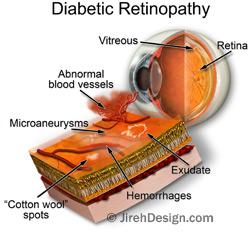 These conclusions seem to validate the belief that good blood sugar control can reduce retinal deterioration caused by diabetic retinopathy. This is especially important to diabetics who are susceptible to hypoglycemia due to ongoing insulin treatment.
These conclusions seem to validate the belief that good blood sugar control can reduce retinal deterioration caused by diabetic retinopathy. This is especially important to diabetics who are susceptible to hypoglycemia due to ongoing insulin treatment.
Diabetic eye disease may include: Diabetic retinopathy – damage to the blood vessels in the retina; Cataract–clouding of the eye’s lens; Glaucoma–increase in fluid pressure inside the eye that leads to optic nerve damage and loss of vision. Cataract and glaucoma also affect many people who do not have diabetes.
Source: https://maculacenter.com/eye-news-tampa-bay/hypoglycemia-vision-loss/
For more answers to commonly asked questions about hypoglycemia, please click here.
UN Food System Summit – Independent Dialogue hosted by the Hypoglycemia Support Foundation.
The PowerPoint presentation is available here.
“Metabolic health” – the primary marker and outcome of nutritional security – needs to be re-conceptualized as a fundamental organizing principle to drive food system change. Chronic disease driven by processed food provided the backdrop for COVID-19 spiraling out of control. Fundamental and structural changes are needed in the way the food & beverage industry engineers foods, with metabolic health as the “North Star.” Linking good food, metabolism and health reduces or eliminates preventable, diet-related diseases and the financial burdens they foster.
A scalable, replicable framework for doing this is described in a “metabolic matrix,” a science-based template for designing foods that ensure metabolic health. An overview of this concept is described in an article (Food meets health: How a new approach to metabolic health could tackle chronic disease) and a paper (Health Meets Food through a Metabolic Matrix) posted on the World Economic Forum website. The metabolic matrix work is also described in this infographic in English and Arabic. A slide deck is also available in English & Arabic.
Metabolic health is the key to long-term nutritional and economic security. For this reason, the “metabolic reset” dialogue provides rich opportunities for cross-sector collaboration and alignment where food meets health.
In this dialogue, the Hypoglycemia Support Foundation, a consumer/patient advocacy organization in existence since 1980, invites global leaders in the metabolic health and nutrition space to discuss an exciting new framework for transforming metabolic health & nutrition; catalyzing food system change with a science-based approach that the food & beverage industry can adopt and scale globally.
Over the years, a number of books have been written on hypoglycemia. Only one has been reprinted in a 5th Edition—Hypoglycemia Do’s and Don’ts, written by Roberta Ruggiero, Founder of the Hypoglycemia Support Foundation. Click below to learn how to get your own copy of this book.
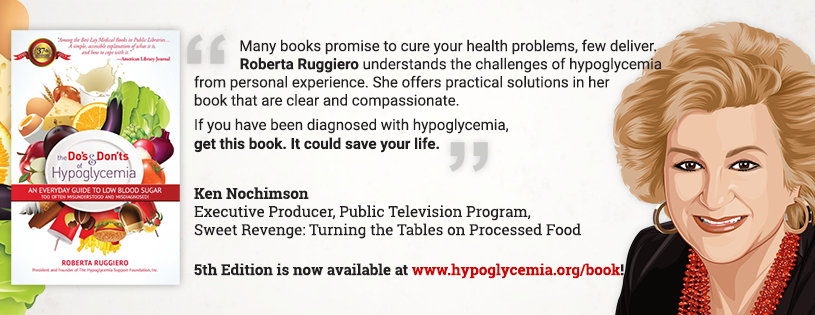
“Parker has chronic hypoglycemia. In the past, he had daily symptoms, was hospitalized frequently and struggled to stay focused in school. The Do’s and Don’ts of Hypoglycemia has been a true blessing for us. Parker relates to some of the personal stories and information on foods, and learning what to add or subtract from his diet has been a wonderful tool for me. The chapter of FAQs has been an invaluable resource that we refer to time and time again. Parker still struggles; however, Roberta’s book enables us to make changes in his diet that ensure his success.”
– Fiona Flowers
“Roberta saved my life. When I was first diagnosed I didn’t know where to turn for help. I stumbled on her book at the local library and decided to contact her for some advice. I was a total stranger and this amazing angel called me weekly to give me advice and make sure I was doing okay for months. I will forever be grateful to her.”
– Roseanne Giannoni
Please support the vital work of the Hypoglycemia Support Foundation (click above).
Help the HSF develop another Infographic!
Click here to check out our campaign to build Eat to Beat the Blood Sugar Roller Coaster:

